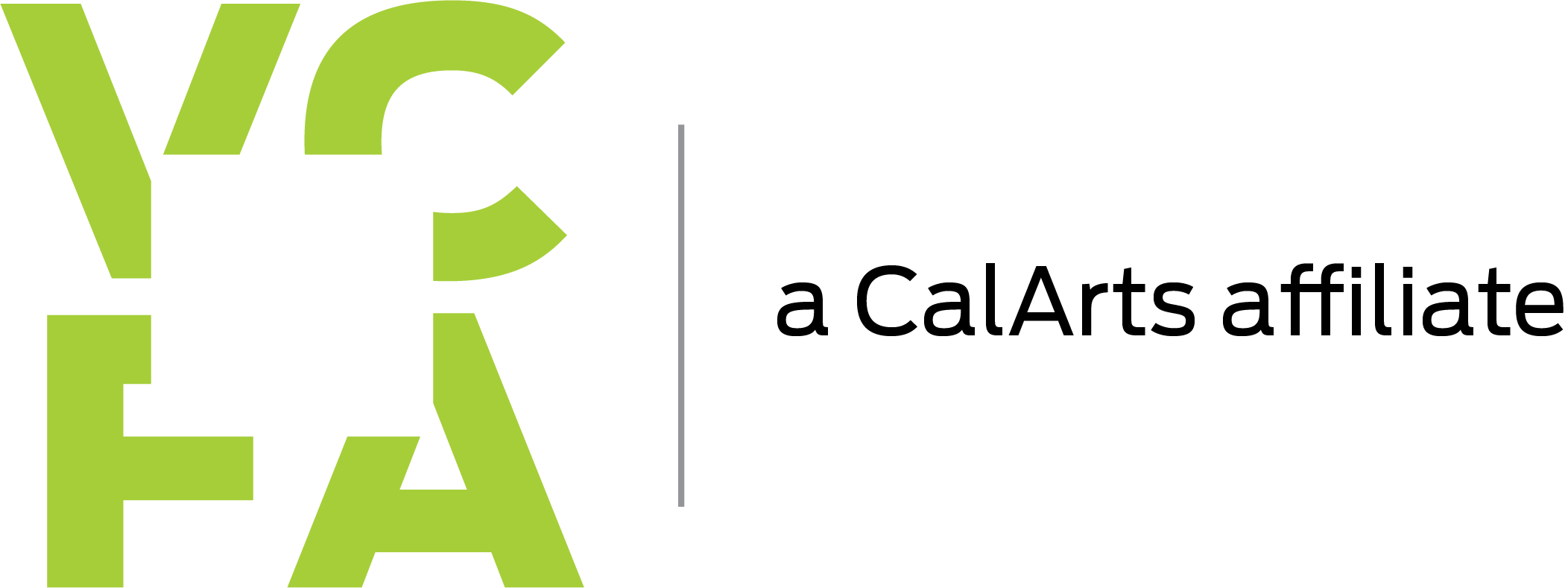How Writing Prompts Will Fuel Your Next Masterpiece

The right writing prompt can do wonders for your writing practice. Look for specificity, novelty, and direction.
By Natalie McKay (W ’25)
May 21st, 2025
If you’re anything like me, you’ve been here too: sitting in front of a blank screen, sweating through your t-shirt, thinking, “Where do I start?”
Even if you have a project in process, the physical act of sitting down to write can be intimidating and overwhelming.
For me, it helps to take the pressure off by incorporating writing prompts into my practice. Responding to writing prompts creates space for fun while still honing my craft.
It might not be the perfect solution for everyone, but you never know: you may unlock the secret next step your novel or short story needs, or stumble into the idea for your next great essay or poem.
In this article, I’ll talk through:
- Why do you need writing prompts? To create structure, to strengthen skills, and to discover.
- What should you look for in a prompt? Specificity. Direction. Novelty.
- What’s next? How to make it part of your practice.
Why do you need writing prompts?
In my writing life, especially in the months after finishing my MFA, I have come to realize that structure is a non-negotiable. If I don’t schedule time to write, and show up for that time, I won’t ever get another word on the page.
I have projects in process right now, but committing to a writing prompt practice (through a weekly newsletter; more on that later!) has been the most effective way to get me to my computer since I graduated from VCFA.
Starting has always been the most difficult part of writing for me, and the way I’ve incorporated writing prompts into my practice has helped me circumvent that problem. Once I get my creativity flowing with a writing prompt, I’m more energized to work on generation and revision in my current writing projects.
Ray Bradbury, author of Fahrenheit 451, once said:
“I know you’ve heard it a thousand times before. But it’s true — hard work pays off. If you want to be good, you have to practice, practice, practice.”
That’s the magical power of writing prompts.
While not everything you create via a writing prompt will end up in a current or future project, the practice will only strengthen your skills, especially if you find a way to share your writing prompt responses with others.
More than just encouraging the act of writing itself, prompts can help you hone more specific skills.
Author George R. R. Martin said that one of the marks of a good writer is understanding good dialogue. He has a great writing prompt to help:
“There are various exercises you can give to students. One of them is to describe a half dozen different characters. Write a speech for each of these different characters without a name tag. Just say, ‘Here’s a priest, here’s a soldier, here’s a housewife…’ Just make each speech sound different from the other so you can instantly know just from the words this is the priest speaking, this is the housewife speaking.”
Practicing different craft skills, with specific instructions, will help you notice when you’re doing each thing well (or not so well) in your future writing.
Prompts are also a great way to discover.
My story ideas often come from overhearing things at the dog park, observing people or nature, etc. But sometimes a prompt will ask me to think about things in a way that I simply couldn’t have without it. And some of my best ideas come from that kind of thinking.
While prompts can be a great way to take a break from your “real” writing projects, stay open to what they may have to offer in the way of new ideas, or new ways into old ideas.

At VCFA, students are encouraged to explore how writing prompts can inform their writing practice. Sometimes, the biggest impact is also the most unexpected.
What makes a good prompt?
There are a few things that stand out to me about a good prompt.
First, it’s specific.
“Tell me about a high school memory” is less effective than “tell me about the first time you were embarrassed in high school.”
What’s even better?
“Using sensory details, describe a hallway from your high school. What do you hear, see, smell, feel (physically and emotionally)?”
The second thing I look for in a prompt: direction.
I am a great journaler. I can spend three pages wandering through the details of my day, reflecting on my thoughts and actions, and the decisions or qualities of those around me. But what can I get from a prompt that I don’t necessarily get from a free write? Direction.
A good prompt elicits momentum, draws the writing forward in some way. Consider this idea from author and screenwriter Kazuo Ishiguro:
“I was keeping a diary… Every day I would write what happened: Day 36. Met so-and-so. We did this. When I got home, I took these thick diaries and sat down and wrote out two of the episodes, in depth, using a first-person narrator.”
Ishiguro gave his journal entries direction, and therefore transformed them into a writing prompt.
Third and final: Novelty.
I want a prompt that asks me to think about something familiar in a new way.
That’s why I recommend trying out some prompts that aren’t written specifically for your genre. Prose writers have lots to learn from the way poets think about writers, and fiction writers have plenty to teach nonfiction writers about how they see the world.
But even if you’re a fiction writer reading a fiction prompt, try to come at your craft from a new angle. Author Toni Morrison was tired of hearing people advising her students to “write what you know.”
“Think of somebody you don’t know,” she would tell her students. “What about a Mexican waitress in the Rio Grande who can barely speak English? Or what about a Grande Madame in Paris? Things way outside their camp. Imagine it, create it. Don’t record and editorialize on some event that you’ve already lived through.”
While at the end of the day you will likely end up writing about something you know, approaching it like you are a stranger will help you convey the reality of your story.
How do you maximize the power of prompts in your writing practice?
It’s pretty simple, really.
Build prompt responses into your practice.
Start your writing time with a writing prompt, or give yourself one to respond to first thing in the morning, or just before you go to bed at night.
Writing prompts can be a great chance to produce a bite-sized piece of writing (in the waiting room at the dentist’s office, perhaps?) that can feed an ongoing project or spark a new one. And where to get all these prompts?
Here are some of my favorite prompt resources:
- Ursula K Le Guin’s book Steering the Craft is a treasure trove of craft advice with excellent prompts to practice it all.
- Poets and Writers posts a new writing prompt almost every day. Their posts are genre-specific (Tuesdays are poetry, Wednesdays fiction, Thursdays creative nonfiction), but remember, just because a prompt is written for a poet doesn’t mean it can’t inspire a prose writer, or vice versa.
- Sonder and Tell is a great resource for writers all around, but they have a unique weekly newsletter that includes prompts.
- Consider a writing challenge, like 1,000 Days of Summer, created by Jami Attenberg. She also sends out a weekly writing newsletter when the challenge is not active, which followers describe as a virtual writing group.
- My personal favorite, Now Go Write, is operated by my friend and fellow VCFA MFA in Writing graduate, Jamie Li. Not only is Jamie wicked funny, but she also writes great prompts. If you respond to Jamie’s weekly prompt, you will get the chance to read other writers’ responses, and they yours. Knowing there is a community on the other side of the screen thinking about the same prompt I’m responding to has been a great motivator for me to really go for it when I respond to Jamie’s prompts.
Beyond sourcing and using writing prompts consistently, I encourage you to find some accountability with your practice.
If you already have a writing group, consider asking them to join in on your prompt journey. Or, report on your writing prompt practice on your social media. With all kinds of writing, knowing that someone else is expecting to read what you’ve written is a great motivator to not only get words on the page, but also to make them really good words.
Let’s go write!
At the end of the day, the goal is just to get writing. So try out some of these ideas and sources, but adapt them to what works best for you.
And if you stumble upon a prompt that you really like, use it again! Try writing to that prompt every day for a week. And most importantly, find someone to share your writing with!
One of my favorite things about my weekly responses to Jamie’s newsletter is that, a few days later, I will get to read an array of responses from other writers, many of which will be wildly different than mine. Sometimes, these varied responses will inspire some new writing for me.
While I don’t end up using everything I write in response to prompts in my primary projects, I have noticed that my craft skills, like dialogue or setting detail, are more authentic for having practiced them. I can say with confidence that any genuine engagement with writing prompts, including hearing how others have responded to that same prompt, will make you (and me!) a better writer.
If you’re craving more prompts to kickstart your writing practice, check out VCFA’s Sue Williams Silverman’s book, Acetylene Torch Songs: Writing True Stories to Ignite the Soul. Sue is a faculty member with the VCFA MFA in Writing program. Her book is aimed at helping essayists and memorists find their voice through “guided prompts, worksheets, checklists, publishing advice, personal essays, and strategies.”

Natalie McKay, VCFA Writing ‘25
Instructor, Montana State University
Natalie McKay lives in Bozeman, Montana and has spent all her life in the mountain West. The rugged, beautiful landscape, and its complex history, deeply influences her work. Teaching first-year college students is the joy of every fall and spring for McKay, but she also loves any day spent with her soulmate Whip, who is a dog.
Related Posts
- 3 Writing Prompts for YA Horror Jul 30, 2025
- How to Get Your Art into a Gallery Jun 09, 2025
- How to Write a Graphic Novel: Top 3 Tips Jun 11, 2025

